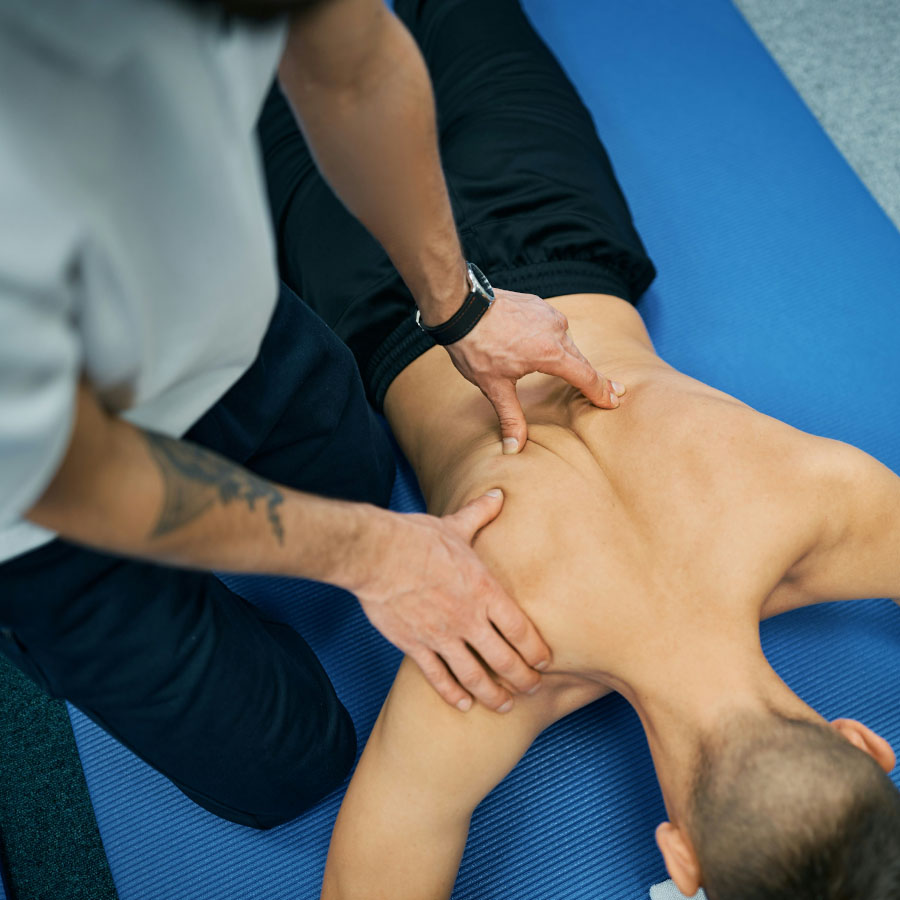Millions of people around the UK experience high levels of stress, and the cost of living crisis has not helped.
Not only is this increased stress impacting our mental health, but it is also impacting our physical health too. For instance, stress has been linked to heart disease, problems with our immune system, insomnia and digestive problems.
That being said, stress is completely normal and not always a bad thing. More than likely, you will have heard of the flight or fight response, this is stress. This is how the body protects itself and gets ready for a harmful situation. When we feel threatened, a chemical reaction occurs in our body that allows us to act in a way to prevent injury. Many physiological changes happen during a stress response, your heart rate increases, breathing rate quickens, muscles tighten, and blood pressure rises. This is your body’s natural way of getting ready to protect itself and prepare you to either fight or escape the threat.
As previously mentioned not all stress is bad. Stress could be the one thing that saves you, for instance, allowing you to slam the brakes on a car to avoid a fatal collision. We can cope well the small bursts of stress however long-term stress can have a negative impact on our health and well-being.
One of the best ways to control stress is to recognise the signs of symptoms. But detecting the symptoms may be more challenging than most of us think. Many of us are so used to being stressed in our daily lives we often don’t realise how stressed we are until reach a breaking point.
- 79% of UK adults feel stressed at least one day a month
- On average a typical UK adult feels stressed more than twice a week
- 49% of UK adults admit to feeling stressed five or more days each month
- One in every 14 people in the UK say they feel stressed every single day
- 18–24-year-olds feel stressed for more days a month than any other age group (9.82 days in a typical month on average)
- Plymouth has the highest proportion of people in the UK who say they feel stressed at least once a month (87%)
Physical and mental signs of stress; spotting the signs
When you’re under a great deal of stress, you may find that you’re more emotional than usual, or get angry at the smallest things.
Here are some signs of stress to look out for in yourself (and others):
- Anxiety or nervousness
- Anger or irritability
- Difficulty concentrating or forgetfulness
- Depression or low mood
- Fatigue Withdrawn mood
- Feeling overwhelmed
- Difficulty sleeping
- Tearfulness
- Lack of confidence
- Lack of motivation
- A change in eating habits or appetite
- An increase in alcohol or drug use
Stress hormones also have an effect on your body too. Look out for some of these physical signs too:
- Muscular tension
- Headache
- Tense jaw
- Teeth grinding
- Increased perspiration
- Stomach ache
- Increased blood pressure
- Increased heart rate
- Increased sweating
- Dry mouth
- Heart palpitations
- More prone to infection
- Skin rashes
- Constipation
- Broken sleep
Information & Guidance
Access our Health Hub
Long Term Condition
People living with Long Term Conditions (LTC’s) are more likely to experience mental symptoms due to their physical symptoms causing anxiety, worry, overthinking and avoidance.
Related Articles

Flooding and Mental Health: What You Need to Know
Flooding affects more than homes. Learn practical steps to protect mental health and where to find support.

World Mental Health Day
Learn how Vita’s NHS Talking Therapies help manage anxiety, depression, stress & boost wellbeing.

What to remember when you’re feeling overwhelmed
If you’re feeling overwhelmed often it may be time to intervene.

The benefits of physical activity for mental health
The benefits of finding even small moments for movement in our everyday lives are great.


















